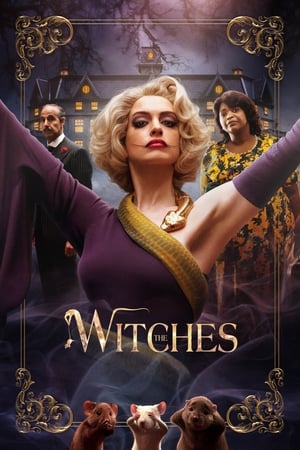
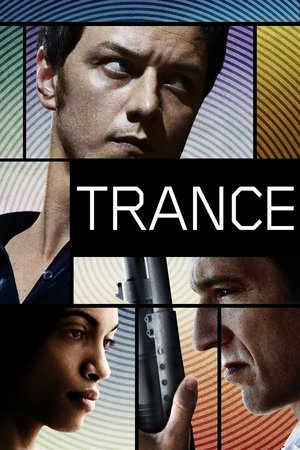
Friday 27 November 2020
permalinkIt's one of those psychological thriller where there are lots of stuff you don't understand and you wait for all the moving pieces to fall in place together. Of course it's only worth it if the final picture of the puzzle is satisfying, and in this case I was underwhelmed by the resolution.

Wednesday 18 November 2020
permalinkThe marine historian adviser on the movie said "You don't want to be so technically perfect that the audience has no idea what they're seeing, then you've lost them." (source). Well I wonder what would be the technically perfect version like, because this one already is an avalanche of technical orders which are impenetrable for the layman. Just 90 minutes of basically non-stop action where I was like "Yeah this guy surely looks like he knows what he's doing. BOOM TAKE THAT YOU NAUGHTY SUBMARINE." Interestingly, this is also written by Tom Hanks (adapted from a book). I didn't know he was a naval warfare nerd.
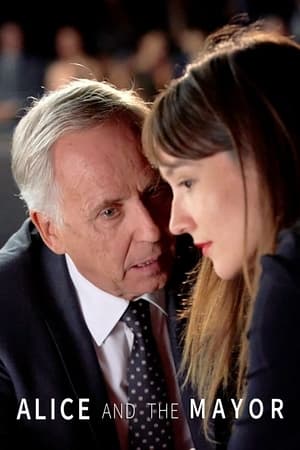
Saturday 14 November 2020
permalinkL'incarnation du film français : quelques dialogues intéressants, mais une intrigue qui ère sans trop aller dans une direction donnée et des scènes chelous avec des gens qui se disent bonjour.
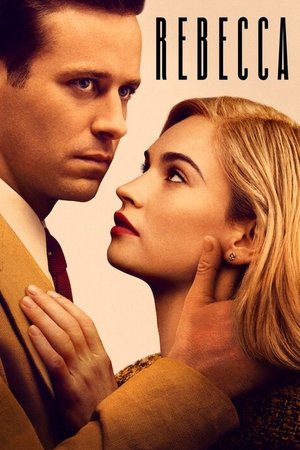
Sunday 25 October 2020
permalinkThis looked like an afternoon TV movie. The incessant dull soundtrack wouldn't ever stop for the love of god. Every single scene which had the potential to be interesting was wasted by the editing and the soundtrack which just sail through the story as if no event of it is actually worth watching.
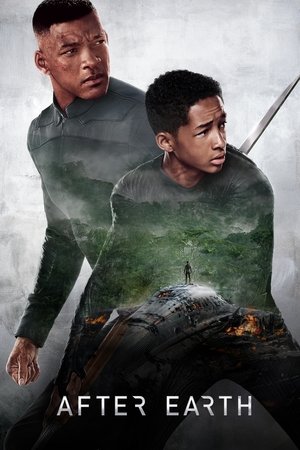
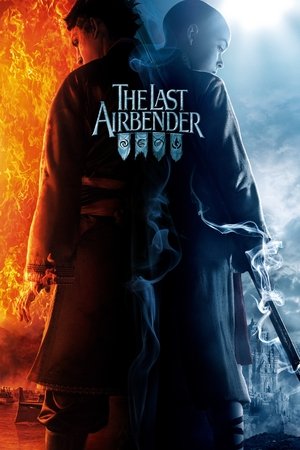
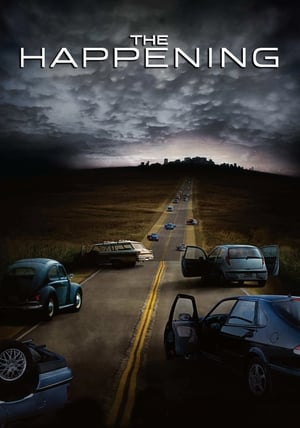
Monday 12 October 2020
permalinkI don't know why people think it's a comedy or an homage to B movies. The directing and subject seem way too close to Shyamalan's usual directing and subjects to openly be a joke (or the man is joking about his entire filmography). The "What? Nooooo" is bad but I think it's just bad acting (which isn't that much far from what would have been proper acting). I rather enjoyed the movie for what it was. In find comfort in the fact that Roger Ebert took it seriously too.
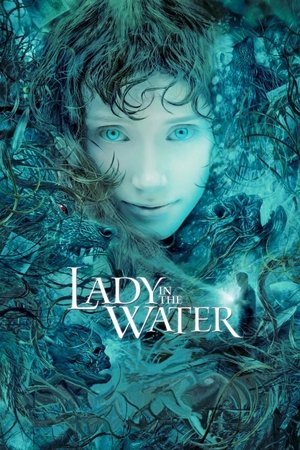
Friday 9 October 2020
permalinkI chose to believe that this is satire. If one day I meet Shyamalan in person and he explains to me in all seriousness that this was serious, I chose to believe that this is also part of the satire. You cannot prove me wrong.
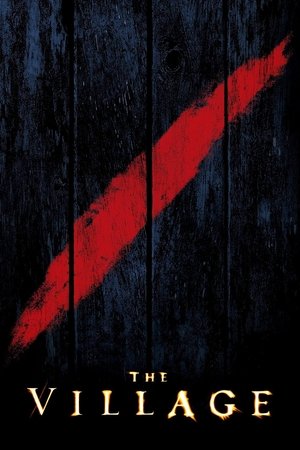
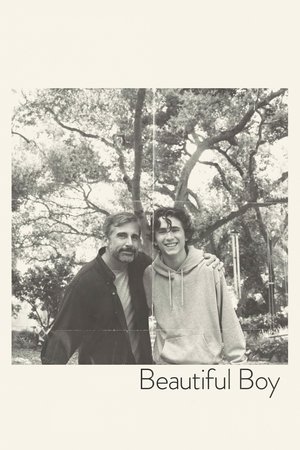
Monday 28 September 2020
permalinkMe at the begining of the movie: At least the father is loving and uncompromising, not like Jesse Pinkman's parents who abandoned him because he was deficient according to their expectations.
Me at the end of the movie: oh no
What a freaking bore anyway.
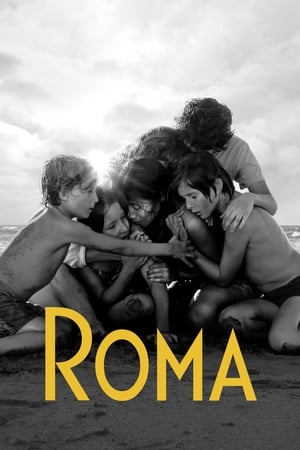
Saturday 26 September 2020
permalinkWhat is so good about this movie is that any action solely comes from the scene itself rather than from narrative tooling such as music or editing. The camera is either static or slowly moving, the shots are long, not aided by a piece of soundtrack. Yet the movie is intensively alive. It is so because of the many layers of stuff on the screen. The incredibly rich sets, the background noises of the neighborhood, the extras moving around in the background, the side characters doing their stuff to the side of the frame, and the profound, often silent, expressiveness of the main characters on the foreground. This whole beast of a movie is depicting life with a marvelous vividness, all that through a sequence of thoroughly designed frames.
Movie-making can sometimes feel like a sham in comparison to other arts. A 2-hours account of a story can hardly reach the intellectuel depth a book is able to contain, actors and their dialogs barely compete with the carefully crafted exchanges of theater plays, framing is just the successor of painting, and so on. But watching Roma is reassuring about the status of cinema, because you can't pull that shit up with anything else than a movie. It is cinema in its purest form, and an astounding achievement. One of the best film ever made.
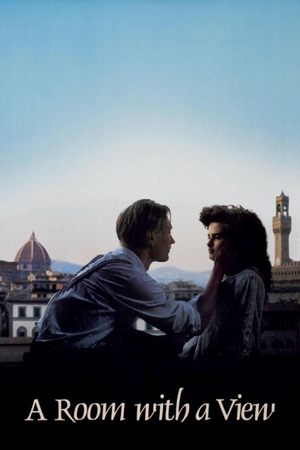
Sunday 20 September 2020
permalink"I think there is something in the Italian landscape which inclines even the most stolid to romance." says a character at one point. From there it's easy to notice the similarity with Call Me by Your Name, written by the writer/director of A Room with a View. The other reference that comes to mind is Titanic, since the young Lucy is in a similar situation than Rose, with the exception that the rich party she's set to marry is not an awful human being but simply a snob.
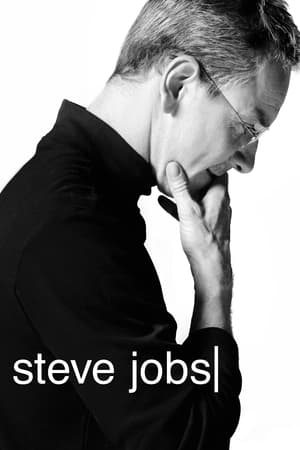
Friday 11 September 2020
permalinkThe fast-paced screenplay of Aaron Sorkin, the rousing music of Daniel Pemberton, the brilliant acting from everyone, all instruments of this orchestra get skillfully played by director Danny Boyle to launch an opera whose inertia seems unstoppable. We wonder how the hell so much character development and so much information can be packed into such a minimalistic device. The movie starts and ends in one breath, one small powerful breath of emotions and curiosity. Exceptional.

Wednesday 9 September 2020
permalinkSo lame. The animated movie is vastly superior. - The so-called "chi" gives a magic advantage to Mulan, which undermines the idea that she becomes a strong warrior because of determination, hard work, and skills. It also undermines the feminist aspect of the story, since her becoming best of the regiment now depends on an unfair advantage. - Way less believable that Mulan would be mistaken for a man when played by a real actress. - The eagle is a woman. What have they been smoking over there. - Bad guys leader (not huns?) has the charisma of an afternoon TV show's bad guy. - Too serious to contains song or jokes. Therefore no Mushu, and no "I'll make a man out of you." When even make the movie. - The animated movie is light-years ahead in term of beauty than this live-action crap. The comb she leaves before fleeing from her house is like a random thing. No rag doll from the burned village. No Attila appearing at the top of the ridge, no cavalry charge form thee top of the mountain. Everything is plain.
I'm gonna pretend this doesn't exist.
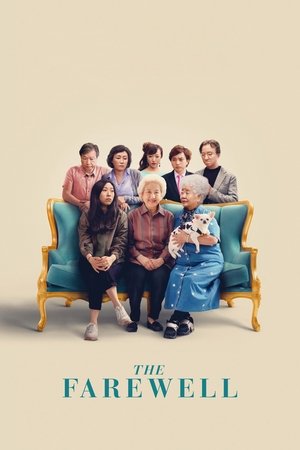
Monday 7 September 2020
permalinkA movie with many great qualities, including: wonderful actors (I'm particularly a fan of the main character, Billi, played by Awkwafina); neat cinematography; neat music; and an interesting peek into Chinese culture. But: nothing really happens in this story.
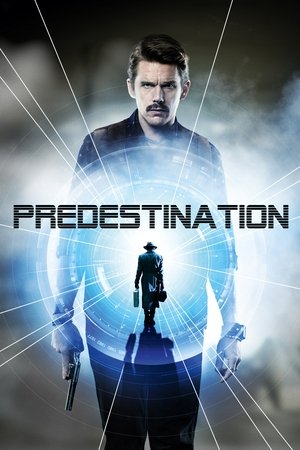
Sunday 6 September 2020
permalinkA movie about time travel whose story is entirely focused on making causal loops about time travel. It's almost as if someone was trying to engineer a thought experiment on the limits of causal loops in time travel, and was trying to reduce the story only to that. As such, the result is incredible in terms of logic (I would say this is the best movie about the logic of time travel), but it's not that of an interesting movie in terms of character development, story, etc.
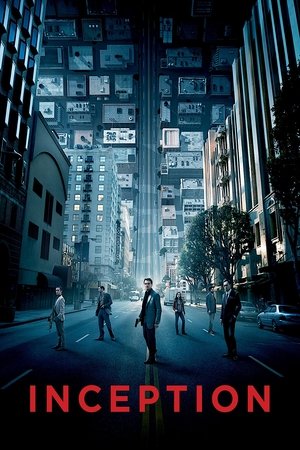
Saturday 5 September 2020
permalinkI've understanded it better than when I watched it in the theater, but I'm still losing it near the middle. Architecturing dreams still feels like cheating to shoot cool action scenes in arbitrary scenery. Hard to believe inception is more efficient than awake manipulation by a good salesman. I don't really care about the characters, and stakes feel mechanical (this one wants to get back to his children, this one wants a concurrent to abandon, yeah whatever gets the story going). Why are limbo dangerous if you can just kill yourself to get out? Why do the kicks need to be synchronized? Why isn't a single kick from the root level sufficient at all? Why aren't they weightless in the snow level? What the hell is he trying to do with the elevator? Please don't tell me the elevator is supposed to go down because of the blast from the explosion (weightlessness doesn't disable friction and it certainly doesn't make an elevator massless so that it can be moved fast by a tiny explosion). Why not slap them in the face?
None of those questions matter, because the screenplay brings up answers out of thin air in the middle of the movie anyway, so I'm sure we can find answers for everything.
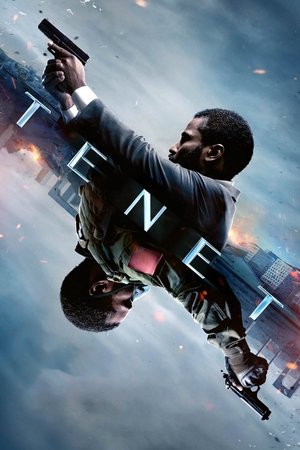
Sunday 30 August 2020 🍿
permalink"Don't try to understand it"
"Don't try to understand it." Voilà la phrase prononcée par le personnage joué par Clémence Poésy lorsqu'elle explique au protagoniste le concept principal du film. Le protagoniste considère alors la notion d'un œil curieux, et, comprenant qu'il va devoir utiliser son intuition plutôt que son raisonnement, répond "Instinct. I can do that." Cette échange résume à peu près l'échange implicite qui a lieu entre Christopher Nolan et les spectateurs de Tenet lorsqu'ils se retrouvent soumis aux scènes du film qui génèrent une confusion extrême par les bizarreries conceptuelles qu'elle renferment.
L'échec de ma première vision de Tenet s'est échafaudé en 3 étapes. La première étape fut de ne pas comprendre la logique des scènes que je voyais à l'écran, car elles font appel à un concept avec lequel il est compliqué de se familiariser. La deuxième étape fut de réfléchir aux scènes que je venais de voir auparavant pour mieux les comprendre, ce qui me laissait alors déconcentré pendant les dialogues faisant avancer l'intrigue (que je n'arrivais donc à suivre que par bribes). Enfin, la dernière étape fut de réfléchir plus profondément au concept principal dans mon lit une fois de retour chez moi, et de me rendre compte qu'il déclenche de nombreux paradoxes que le film ne résout pas forcément de manière satisfaisante dans les scènes concernées.
Malgré l'aspect paradoxal inhérent à la notion de manipulation du temps, je ne suis généralement pas réfractaire aux films sur le sujet. Les films les mieux construits arrivent à générer chez la plupart des spectateurs une suspension d'incrédulité sur les paradoxes, en installant une espèce de logique qui a du sens lorsqu'on se met dans le bon état d'esprit. Je suis toujours preneur d'une vision de l'éternel Retour vers le Futur ou de l'excellent Predestination. Avec Tenet cependant, Nolan fait tout le contraire de cela : il nous présente le film d'une manière si peu intuitive que nous sommes obligés de réfléchir à ce que nous voyons, et donc de se confronter à la limite du concept à cause de ses paradoxes. Ou bien à profiter des scènes d'action sans trop chercher à comprendre et en faisant une confiance aveugle à Nolan sur le fait qu'il existe un niveau de compréhension où tout cela est bien cohérent (ce qui n'est pas spécialement intéressant en tant que spectateur).
La "Nolan touch" se rajoute au-dessus de tout ça, avec une mise en scène grandiose et une musique tonitruante (Hans Zimmer, travaillant sur Dune de Denis Villeneuve, a été remplacé par Ludwig Göransson, mais le style est très similaire et tout aussi envahissant). On a l'impression que la moindre chose filmée est d'une importance et d'une envergure considérables. Je me suis surpris à trouver ridicule l'utilisation d'une musique si énorme lors d'une scène d'action où on voyait juste le protagoniste accroché à un camion de pompier. Ok c'est relativement impressionnant, mais pas à ce point-là ! Quel abus ! Nolan rajoute de la musique sur son film comme quelqu'un rajouterait du sucre sur ses plats pour essayer de rendre tout et n'importe quoi exceptionnel. En soi, cela fait son petit effet et on passe un bon moment, mais lorsqu'on a compris l'astuce cela semble un peu creux.
Au-delà du concept de science-fiction au cœur du film, il y a l'intrigue. Je ne l'ai comprise que par bribes, mais j'en ai compris assez pour savoir que ce n'était pas ma tasse de thé. On a le droit à un riche dealer d'armes, à une organisation secrète mais puissante, à un plan démoniaque, et à une femme pour laquelle le protagoniste développe une certaine affection, et tout cela converge ni plus ni moins à un risque de troisième guerre mondiale (!!!) Nolan n'a jamais caché son envie de réaliser un James Bond, et on est en plein dedans, avec toutes les exagérations et les bêtises que cela inclus.
Bref, je vais sûrement passer encore quelques jours à réfléchir au concept principal et à la manière dont il s'intègre aux scènes du film, pour la satisfaction intellectuelle qu'il y a à étudier l'idée centrale du film et ses limites, mais je me vois difficilement revoir Tenet pour le plaisir de voir un bon film. C'est à peu près le même constat que j'avais eu lorsque j'avais vu Inception. Ce dernier comporte cependant de nombreux fans, et je n'ai donc pas de doute sur la fanbase que générera Tenet, et de tous les débats cinématographiques qui s'en suivront.

Saturday 22 August 2020
permalinkComme lors de mes précédentes visions, j'ai un seul problème avec le film qui est la partie où Rose vient sauver Jack, ils remontent sur le pont, ils se retrouvent à nouveau dans les profondeurs parce qu'ils sont poursuivis par Cal, et ils doivent à nouveau remonter. Cette gymnastique du péril haut-bas-haut-bas-haut est un peu fatiguante, et le film pourrait probablement être amputé d'environ 10 minutes quelques part dans ces scènes-là.
J'adore le socle romanesque avec le portrait d'une jeune femme retrouvée dans les profondeurs de l'océan 80 plus tard, et ladite femme qui vient retrouver ses objets de jeunesse et conter son histoire. La critique sociale avec le contraste entre l'aristocratie et les classes moyennes et pauvres.
Je suis toujours impressionné par la capacité du film à générer du suspens sur des actions dont nous connaissons l'issue. Je suis toujours accroché à mon fauteuil quand le bateau est en train de ralentir et de tourner pour tenter d'éviter l'iceberg (alors qu'on sait tous qu'il va toucher). Je suis toujours touché par cette anxiété quand Rose met du temps à rappeller à l'aide le canot qui revient voir les passagers gelés et qui est sur point de repartir (alors que c'est elle qui raconte l'histoire).
Le film est accusé d'être niais. On parle d'une jeune femme qui va être mariée contre son gré à un connard impérial, ce qui la condamnera à une vie de bonne femme dans un milieu qu'elle ne supporte pas. Elle est au bord du suicide, et, après une phase initiale de résistance, part en roue libre lorsqu'elle fait la connaissance d'un jeune homme super cool. Donc, je note : l'empathie, c'est niais.

Monday 13 July 2020
permalinkThis moment when the movie is so lame I stop following the story and I just pay attention to the way it is filmed, analysing framing and stuff, but that also gets tedious because it's so consistently and boringly formatted without any imagination. Prime example of Netflix producing garbage projects they bought the right of from traditional studios, without thinking about the fact that there might be a reason why the traditional studios abandoned the project. And since Netflix is subscription-based, you can't even know how the movie actually performed; the only standard they need to be up to is to convince the spectator that a new movie that could be good is coming, so that you don't unsubscribe.
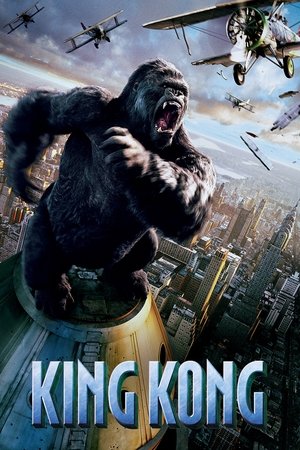
Saturday 27 June 2020
permalinkChacun a son film épique préféré. Pour la génération de nos parents, cela peut être 2001 l'Odyssée de l'Espace, Lawrence d'Arabie, ou Il était une fois dans l'Ouest. Pour la génération actuelle, la trilogie du Seigneur des Anneaux est probablement l'élue. En ce qui me concerne, mon épique favori est le remake de King Kong de 2005. Réalisé par Peter Jackson après les Deux Tours, ce long film de 3h a plus ou moins disparu de la culture populaire après un honnête succès au box-office. Et pourtant, à chaque nouvelle vision (je ne compte pas, mais je dirais que celle de la semaine dernière doit se trouver entre la cinquième et la dixième), je ressens toujours la même force d'appréciation que celle que j'ai eu lorsque j'ai vu le film la première fois au cinéma il y a 15 ans.
Cette appréciation, c'est d'abord celle d'une construction et d'une cohérence parfaites. King Kong fait partie de ces films qui prennent leur temps, mais qui ne brodent pas. Ainsi, toutes les scènes apportent quelque chose d'important à l'histoire, au divertissement, ou à la caractérisation des personnages. C'est simplement que ce développement est mené avec tant d'application, en bonne et due forme, que cela prend du temps. L'allure générale qui en ressort est une construction en trois actes, épique et parfaite. On ressort de l'histoire avec l'impression d'avoir vécu une longue aventure, avec un début, un milieu, et une fin, et que tout cela a été élégamment agencé et exécuté.
Cette aventure laisse un souvenir d'autant plus incroyable qu'elle est ponctuée de scènes d'action extraordinaires. Ce combat entre Kong et les V. Rex est tout bonnement un chef d'œuvre d'action. L'action est compréhensible. Nous n'assistons pas à des trucs qui explosent dans tous les sens où à des plans de 1 seconde rapidement coupés à chaque coup porté. Au contraire, Kong, Ann, les dinosaures ont chacun une place précise dans l'espace, et on suit avec une forte impression la bataille qui est menée.
Enfin, le développement du lien entre Ann et Kong est écrit de manière remarquable. Cette époque de récent confinement et de télétravail m'a permis de comprendre un aspect important de l'histoire que je n'avais pas saisi auparavant : Kong est seul. À moins que le film nous ai caché quelque chose, c'est le seul gorille géant sur cette île, et il est là, bloqué tout seul sans personne à qui parler ou avec qui se changer les idées. La population indigène semble lui offrir plus ou moins régulièrement des prisionnièr(e)s, mais sa primitivité lui empêche de saisir ces opportunités pour avoir de la compagnie, il préfère les tuer et les manger. Ann Darrow est différente, grâce à son esprit et sa personnalité, elle va réussir à le toucher pour développer un lien.
Le film se vante de manière assez subtil de la qualité de ce développement par rapport au développement médiocre dans le film original de 1933. Dans la scène où Kong est donné en spectacle à Broadway, une version reconstituée des événements de l'histoire est jouée par des danseurs sur scène et par une actrice blonde "quelconque", et cette reconstitution basique ressemble en fait de très près à la manière dont était faite la scène dans le film de 1933. Lorsqu'elle commence à jouer, l'actrice crie "oh sauvez moi" et crie de manière ridicule, et on s'afflige du manque de conviction et de texture de cette performance, tout comme on pouvait s'affliger du manque de personnalité pour le personnage d'Ann Darrow de 1933 (qui passe l'essentiel du film à crier). Notons que Peter Jackson est un fan absolu du King Kong original, et mon interprétation de cette scène ne correspond donc peut-être pas à son intention.
Une scène charnière du King Kong de 2005 est celle où Ann Darrow se retrouve face au dernier V. Rex survivant, et où Kong débarque derrière elle. À ce moment, Ann recule pour se réfugier sous Kong. Elle a "choisi son camp", et Kong baisse rapidement les yeux pour considérer cette action et constater qu'on lui accorde de la confiance et de l'importance (la motion capture à cet instant est parfaite). Imaginez un gros gorille seul sur son île depuis des années, primitif et aliéné, et qui voit soudain cette petite créature, une femme, lui accorder sa confiance, faire d'elle son gardien. Il n'y alors plus aucun doute sur la raison de son attachement à Ann.
C'est juste parfait.

Sunday 14 June 2020
permalinkAprès Birdman et 1917, je cherchais des films faits d'un seul plan réel (et non montés pour donner l'impression d'un plan continu), autre que le bizarre et insatisfaisant Russian Ark. On m'a recommandé Victoria, film allemand de 2015.
Le film raconte l'histoire d'une jeune femme, Victoria, qui sort d'une boîte de nuit à Berlin, et qui sympathise avec une bande de jeunes berlinois, eux-mêmes tout aussi bien éméchés. La nuit semble tranquillement partie sur une série de rigolades et de bêtises dans les rues de Berlin, mais il s'avère que les garçons sont rappelés à certaines de leurs affaires non résolues, dans lesquelles Victoria se laisse emporter avec eux.
La première chose à souligner est la réussite absolue du film en ce qui concerne l'usage du plan-séquence. Pour ce genre de film j'ai toujours peur que le plan-séquence soit une contrainte trop forte qui empêche le film d'atteindre son vrai potentiel (le réalisateur naïf pourrait utiliser des mouvements de caméra non naturels ou avoir un rythme étrange dans son obstination de ne pas couper), mais ce n'est pas le cas ici. Victoria a été finement conçu pour être filmé en plan-séquence, et, de surcroît, le film joue dans les limites les plus larges possible. Ainsi, on observe évidemment une certaine unité de temps et de lieu, mais cela dure tout de même 2h18 et commence vers 4h du matin, si bien que le film commence la nuit et se termine au petit matin. Par ailleurs, c'est tout un quartier de Berlin qui est le terrain de jeu de l'action, on est donc loin du huit-clos, et on a le droit à une vaste gamme de décors. Dans tout cela, à aucun moment un mouvement de caméra ne semble pas naturel, aucun défaut de tournage n'est visible (tout du moins de manière évidente), et à aucun moment les acteurs ne trahissent leur personnage. Sur le plan de la performance, donc, c'est simplement extraordinaire.
Je souligne la qualité de la performance technique non pas dans l'idée d'expliquer ensuite que le film est bof dans la substance, mais simplement car j'aime bien être organisé. Le film en lui-même est ce qu'on pourrait appeler un thriller haletant, et, bien que pas spécialement grandiose, il est particulièrement prenant et efficace dans son genre. J'avoue cependant que j'ai eu du mal à me détacher de la réalité technique du plan-séquence, dont la sensibilisation ne peut que rendre le visionnage plus impressionnant, et je ne sais pas comment j'aurais réagi si j'étais un spectateur naïf qui n'aurait pensé regarder qu'un simple thriller.
On peut distinguer grossièrement deux parties dans Victoria. La première partie est légère et insouciante, et on y trouve un jeu d'acteur dans le style "ultra-réaliste", comme a l'habitude d'en filmer Richard Linklater (Boyhood, Before Midnight) par exemple, où rien de vraiment extraordinaire ne se passe, mais où les personnages semblent évoluer dans une sorte de liberté triviale et indépendante d'un scénario concentré, dans le seul but de montrer la poésie de la simple vie. Wikipédia indique que le scénario du film faisait 12 pages, et que la majorité des dialogues ont été improvisés. Le film tel qu'on peut le visionner correspond à la troisième prise (le budget en autorisait seulement 3), la première ayant vue les acteurs trop précautionneux, et la seconde trop fous. Cette notion de "liberté triviale et indépendante d'un scénario concentré" est donc à prendre au sens concret ici, elle n'a apparemment pas été simulée.
La deuxième partie, celle, où comme on peut s'en douter, les choses prennent une tournure qui honore l'inscription dans le genre du thriller, est assez terrible dans sa capacité à générer de l'anxiété. Victoria confirme avec Les Fils de l'Homme que le plan-séquence, s'il est bien appliqué, est l'outil cinématographique le plus redoutable afin de donner au spectateur une sensation de pur cauchemar. Bref, vous l'aurez compris, passer votre chemin si vous ne voulez pas être violenté, et sinon, accrochez-vous !
En somme, je suis sorti de ce film un peu sonné, perdu quelque part entre l'admiration de la performance technique, l'intense montagne russe d'émotions et d'anxiété qu'on venait de me faire vivre, et, mine de rien, un certain attachement pour les personnages et notamment cette chère Victoria. Ce n'est certainement pas un film pour égailler sa journée ou vivre des aventures fantastiques, c'est plutôt une bonne brique bien solide dans la gueule, mais c'est extrêmement bien foutu, bien joué, bien conçu, et avec une touche de poésie ici et là.

Tuesday 26 May 2020
permalinkJe me rappelle de mon visionnage de Once Upon a Time in Hollywood au cinéma, dans une salle comble, comme d'une de mes meilleures expériences au cinéma, seulement égalée par Le Loup de Wall Street en 2013. Non pas seulement parce que le film est génial, mais parce qu'il surprend, choque, et suscite le rire avec suffisamment de brio pour que ce soit particulièrement agréable de rire en compagnie du reste de la salle, et de vivre cette expérience où le public entier se comporte une sorte de super-spectateur qui réagit de manière harmonieuse à ce qu'il découvre. Tarantino a d'ailleurs bien compris ce plaisir, et y rend directement hommage dans le film lorsque Sharon Tate se rend à une projection de The Wrecking Crew et se délecte des réactions enjouées des spectateurs dans les scènes dans lesquelles elle apparaît. Ce passage du film, considéré par certains comme inutile, cristallise pourtant toute l'essence du cinéma de Tarantino : le plaisir de l'artiste à faire plaisir au spectateur.
Once Upon a Time in Hollywood se déroule à Los Angeles en 1969 et suit les aventures de Rick Dalton (DiCaprio), un acteur à Hollywood qui craint que sa carrière soit sur le déclin, et Cliff Booth (Brad Pitt), son cascadeur attitré. Les deux amis vivent une vraie bromance; Rick est plutôt du type émotif, tandis que Cliff est clairement décontracté. À Berverly Hills, le voisin de Rick est le célèbre Roman Polanski, qui habite avec sa femme, l'actrice montante Sharon Tate (actrice réelle dont le sombre destin fut d'être assasinée chez elle par une bande de hippies embarqués dans la secte de Charles Manson).
Avec Once Upon a Time in Hollywood, Tarantino accomplit une chose géniale : le développement d'un univers si riche et attrayant qu'il reste en tête les jours suivants la vision du film. Le Los Angeles d'époque est reproduit non seulement avec un soucis du détail extraordinaire, mais avec une chaleur toute séduisante. Naviguant de Beverly Hills à un ranch dans le désert en passant par le centre-ville de Los Angeles, le film ne manque pas de rendre la fresque d'autant plus immersive avec une bande-son omniprésente à base de bon vieux rock. La photographie est splendide, que ce soit pour mettre en valeur une cuisante visite dans un ranch du désert, un Los Angeles crépusculaire, ou la douce féérie d'un Beverly Hills nocturne. À la fin de ces 2 heures 40 de film, nous n'avons pas seulement l'impression d'avoir vu le pilote d'une série prometteuse, on ressent carrément le vide typique d'une fin de série dû au fait de ne plus suivre les aventures de nos personnages favoris dans leur univers.
Pour cela, Tarantino fait adopter à son scénario une structure peu orthodoxe. C'est très simple, le film semble être une géante introduction qui a pour seul but d'arriver à la scène finale, et passe son temps à travailler et broder la personalité des personnages pour que l'impact de la fin soit le plus fort possible. Pour certains spectateurs, l'expérience va être désagréable car ils vont trouver cela être une longue attente afin d'atteindre l'essentiel du film, qui se joue dans les dernières 20 minutes. Pour d'autres, comme moi, l'expérience va être fantastique, car cette longue exposition est là où se trouve la richesse du film, le finale étant simplement la cerise sur le gâteau. Le film me rappelle les (meilleurs) cours de lycée, ceux où le professeur ne peut s'empêcher de digresser sur des sujets annexes, perdant peu à peu le cap initial, et les digressions, qui s'enchaînent en cascade, sont en réalité bien plus intéressantes et amusantes que ce à quoi elles sont censé ammener. Ces digressions définissent un contexte, des exemples, et sont racontées avec une telle passion qu'elles décuplent l'intérêt pour le sujet final. C'est ainsi que s'y prend Tarantino pour définir les personnages de Rick, de Cliff, et de Sharon.
Lors de ma première vision, les seules digressions qui m'avaient laissé dubitatif sont celles où le film s'étalle sur le tournage des films avec Rick, et fait durer des morceaux de "film dans le film", de toute évidence un hommage aux films de cette époque. Je fais parti de ces jeunes spectateurs modernes pour qui ces vieux films ne sont pas spécialement accrocheurs, et visionner une relativement longue reconstruction de leur genre n'était donc pas la partie la plus marrante du film. Cependant, la deuxième vision m'a permis de me concentrer certains éléments subtils de cette reconstruction comme par exemple le fait qu'un travelling de camera est accompagnée du bruit du système qui fait bouger la caméra (la caméra "narratrice" est confondue avec la caméra "présente" dans la scène) ou tout simplement les détails du jeu d'acteur de DiCaprio, qui évidemment doit jouer sur deux niveaux: la niveau du personnage de Rick, et celui du personnage joué par Rick.
La deuxième vision est aussi bénéfique en ce qui concerne certains éléments historiques de la famille Manson. La scène où Charles Manson va chez Sharon Tate m'était absolument obscure lors de mon premier visionnage (je ne savais pas qui était ce personnage, ni l'intérêt de cette scène), mais lors du second visionnage (plus précisément le second visionnage après un article Wikipédia) cette scène apparaît comme terriblement creepy.
Ces deux exemples sont probablement juste un échantillon parmi les innombrables références et subtilités que le film doit contenir. On a donc là non seulement un film qui, moyennement quelques passages qui laissent interrogateurs, est génial lors de la première vision, mais qui se bonifie aux visions suivantes, et recèle sûrement un tas de trésors à découvrir si on s'intéresse à ses références. Bref, c'est riche, et la route vers la découverte de cette richesse est amusante et divertissante. C'est du Tarantino en bonne et due forme.
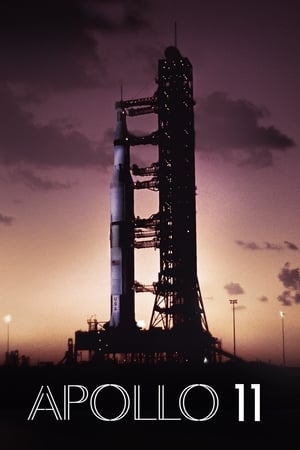
Monday 4 May 2020
permalinkNous vivons dans une ère de l'éditorialisation où il devient de plus en plus difficile de trouver de l'information à l'état brut, c'est-à-dire des textes, des photos, des vidéos. Lorsqu'une information ou un fait historique fait le buzz, combien de personnes voient réellement l'artefact qui est à la base ? Très peu, car les seules choses qui sont trouvables sont des vidéos YouTube de 30 secondes éditorialisée, avec une voix off qui nous explique l'événement, avec seulement un des morceaux percellaire de l'information brute, ou alors des retweets de retweets de retweets, ou alors un reportage au JT un peu plus avec toute sortes d'explications et parfois d'interprétations.
Dans ce modèle, l'information brute n'a pas seulement perdue sa valeur, elle est un boulet à l'éditorisation, puisque toute la richesse qu'elle contient dans ses détails sont autant d'éléments qui risquent d'être incohérents avec l'interprétation qui en est faite par celui qui présente l'information, ou tout du moins qui mettraient en exergue sa grossière incomplétude. Ainsi, nous ne sommes plus dans un monde où les plus curieux cherchent des explications pour une observation, mais dans un monde où les plus curieux cherchent des observations pour une explication.
Dans ce monde, Apollo 11 apparaît, tel un mirage, un espoir, un albatros royal rayonnant de toute sa majesté. Une masse de vidéos d'époque, soigneusement retouchées, mises adroitement les unes à la suite des autres, sans aucune narration, sans aucune interview, mais seulement avec des annotations les plus minimalistes possibles, et une musique grandiose pour rendre l'aventure palpitante. Je vous parle des plusieurs minutes de vidéos, ininterrompues, prise depuis le module Eagle lorsqu'il effectue sa descente sur la surface lunaire, seulement annotées de l'altitude courante et du niveau de carburant restant, accompagnées des communication radio entre Apollo 11 et Houston. De plusieurs minutes de vidéo ininterrompues où la fameuse phrase "This is a small step for man..." n'est pas ce qu'a dit Neil Armstrong lorsqu'il a marché sur la Lune, mais ce qu'a dit Neil Armstrong pour le show entre 2 commentaires techniques sur la surface lunaire.
Alors oui, ce format ne favorise pas la quantité d'informations transmises, et il lève plus de questions qu'il n'en clos. Que font tous ces ingénieurs de la NASA devant leurs innombrables consoles ? Quel est le sens de tous ces termes techniques utilisés dans les communications ? Pourquoi y a-t-il un blackout de communication pendant la ré-entrée atmosphérique ? Et des tas d'autres pour lesquelles je vais devoir faire appel à Wikipedia ou à d'autres documentaires sur le sujet. Mais l'ambition d'Apollo 11 n'est pas de répondre à ces questions, elle est de bouleverser suffisamment l'esprit avec des images incroyables pour qu'on ai envie de se poser ces questions dans un premier temps.
Il s'agit là d'une exploitation élémentairement grandiose du cinéma, au sens le plus noble du terme. Des images, du son, une histoire. La source d'une découverte et d'une réflexion. J'ai regardé Apollo 11 avec des frissons et une excitation enfantine, comme si on m'avait ammené devant un spectacle exceptionnel. Praise be. PRAISE BE!
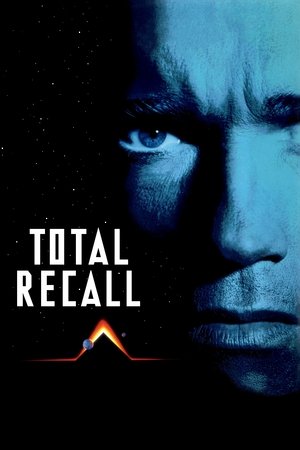
Sunday 22 March 2020
permalinkThe story is interesting, but the many action scenes are really outdated. Long shot of one character shooting pew pew pew. Long shot of the other character shooting pew pew pew. Damage and havoc created by vehicles boom boom.
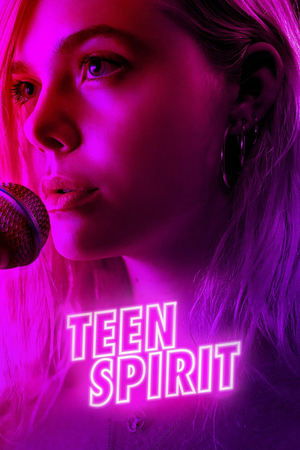
Sunday 22 March 2020
permalinkMax Minghella's directional debut looks like any good directional debut. Sensitive, great acting, some good ideas here and there, some awkward moments here and there, not very significant overall.
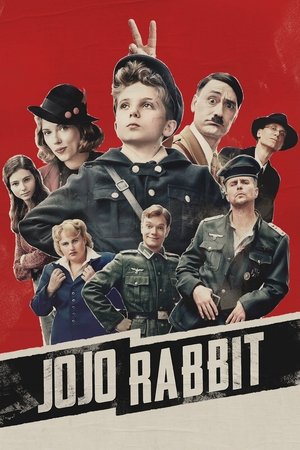
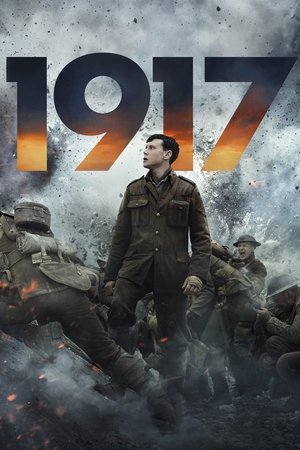
Tuesday 11 February 2020 🍿
permalinkStop saying the movie is one long shot for fuck sake! (Not because it was actually filmed in multiple shots, I don't care how the movie was made, but because:) There are 2 shots in the movie, with a clear, black-screen-for-multiple-seconds pause between the 2 scenes, and this transition is narratively significant, and the second scene starts with a visual and auditive moment of cinema that is out of this world. So this is the reaction of a director who just made a movie in 2 shots, who was the grand favorite for the Oscar for Best Director in all betting sites, and who just lost (to Parasite's director).

Tuesday 11 February 2020
permalinkChristopher Nolan: "Hey my Batman movies are realistic takes on the Gotham universe". Todd Phillips: "Hold my beer". This is a phenomenal telling of Arthur Fleck's (the Joker real name) fall into madness and violence. The movie starts so realistic and dark, it doesn't even feel like it is in any way connected to the DC universe. The connection to the universe is made as Arthur embraces his Joker persona, which is sort of an elegant progression. Pussies won't like the movie because they confuse ideological validation with the plausible depiction of an unfortunate mechanism (or they're condescending enough to think they're smart enough to make the difference, but others might not, and somehow this is the movie's responsibility). Instead of enjoying the irony of an “applause” sign blinking when the Joker is invited on a TV show, they would like a “this is bad” sign blinking at the screening of the movie.
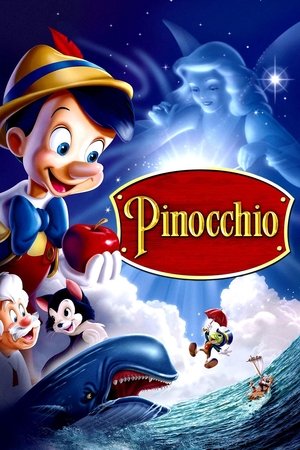
Thursday 26 December 2019
permalinkIt is astounding that this is an animated movie from 1940 and that it is the second movie Disney made. The animation has nothing to shy about in comparison to modern classics. Talk about setting the bar high. Damn.
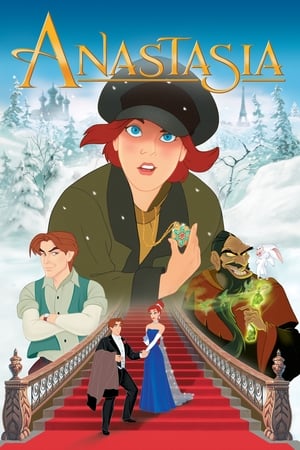
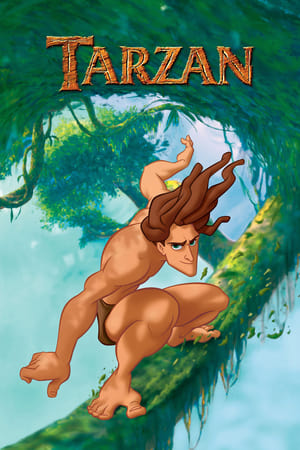
Thursday 26 December 2019
permalinkStill struck by Kuzco's poor visuals, I rewatched one of my favorite Disney, that I hold dear ever since I saw it in theater when I was a child: Tarzan. It perfectly stood the test of time. It is visually brilliant, the music is great, the story is so well-paced, well-crafted.
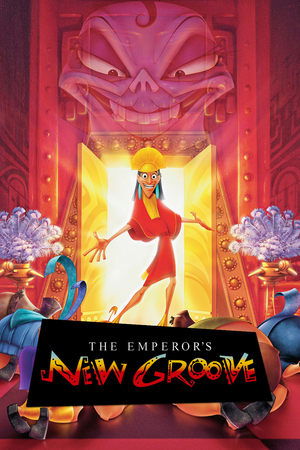
Thursday 26 December 2019
permalinkIt had been sold to me as “The best Disney” or “not like the other Disneys”. Here's a notice: if you usually like Disneys, and some people tell you about a Disney that is not like the others, well, you probably won't like this specific one. Kuzco looks like it was written by some interns at Disney, with an entertaining voice-over sounding like some YouTuber, an endless flow of easy jokes, and an absolutely ridiculous plot where a dictator becomes (spoiler) a good guy because he took a stroll with a good daddy. Long gone the time where the morale of tales was pragmatic advice on how to make the best of real life in spite of its ruthlessness. The truth is that it wasn't made by interns, but by artists in a hurry, which also explains why it's visually so poor.

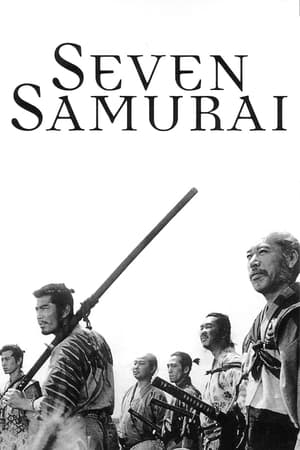
Sunday 15 December 2019
permalinkAll pumped up for epic classics after Lawrence of Arabia, I jumped in head-first into the three hours and a half of Seven Samourais and… well… I'm writing those lines a few weeks after having watching it, and, to be honest, not much have sticked with me.

Sunday 15 December 2019
permalinkSteven Spielberg says that he watches Lawrence of Arabia again before starting shooting any new movie. “It pulverized me”, he recollects when thinking of when he saw the movie at the theater. Even though the effect on a young spectator like me was not as intense as what Spielberg must have experienced back then, I can definitely understand what he's talking about. A lot of it has to do with the sheer visual power of the movie. It is a cinematographic masterpiece on a massive level.
First, there is the desert, which is vast, which has beautiful sand dunes and giant sandstone buttes. The cinematography embraces this display of nature on a very impressive way. You can feel the weight of the frame. Then, there are battle scenes with hundreds (if not thousands?) of extras, charges with lots of horses, etc. All of this is of course done for real without digital effects, and is edited in long, well-composed shots. Finally, there are all the little details, either in cinematography or editing, which ices the cake. The mirage on the horizon in the incredible well scene, the cut from the matchstick to the sunrise. All those fundamentally visual elements is what I found really striking in the movie.
As for the story itself, I found it rather interesting and easy to follow, but not extraordinary. I was afraid of the runtime, 4 hours, but it turned out to be okay. There is an interesting take in the story, though, which is the delusion in which Lawrence falls as he progressively thinks of himself as a prophet. From a movie from the early 60s, I expected a proper display of the white-savior trope, but the story is smarter than that. In fact, I could have guessed right from the personality of the lead character, Lawrence, which is a sophisticated, a bit exuberant, academic lieutenant, and not your traditional big guy from the army. Now, in spite of the screenplay's best effort at being smart, I wouldn't be surprised if the depiction of Arabian tribes happened to be rather cliché and awkward. I'm not knowledgeable enough to say.
Lawrence of Arabia belongs to a kind of cinema that is now dead. No production company would actually shot in the desert in the green screen age, nor would they hire hundreds of extras now that we can use GCI. They wouldn't allow a charge scene to be edited in one long shot, because that would mean wasting the 5 other camera angles. A movie cannot last 4 hours anymore, because then it means you cannot screen it enough times in the day to win all the dollars. It is said that director David Lean only filmed master shots, so that he had indirect power over the editing (what else than the master shot are you going to use if there is no coverage), so in fact I think David Lean wouldn't be allowed to walk on a film set today. We have contemporary directors like Christopher Nolan who try to apply some recipe for epic films (no CGI, shooting in film instead of digital, etc), but seeing Lawrence of Arabia, it really doesn't come close. So even if the movie doesn't get to me as much as my favorite modern movies can, there is still this weird feeling that I'm watching some incredible, grand movie, that is basically untouchable.

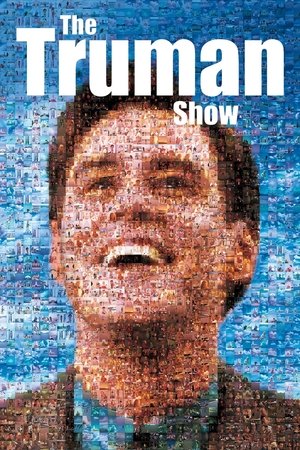
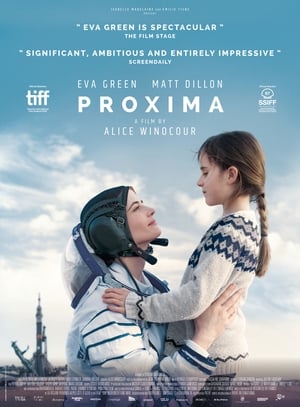
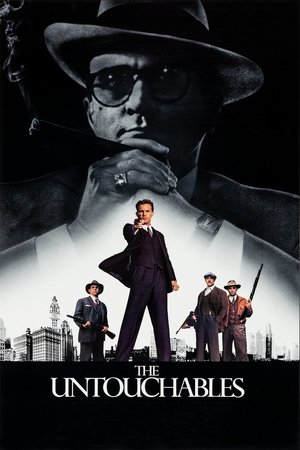
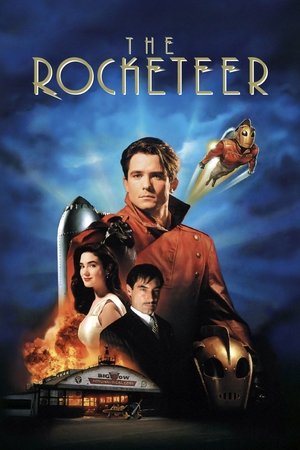

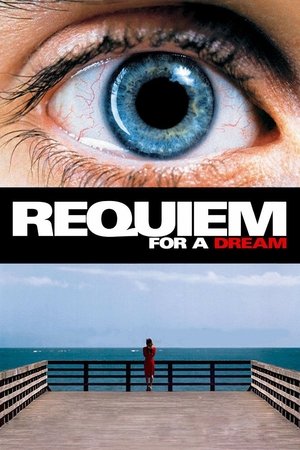
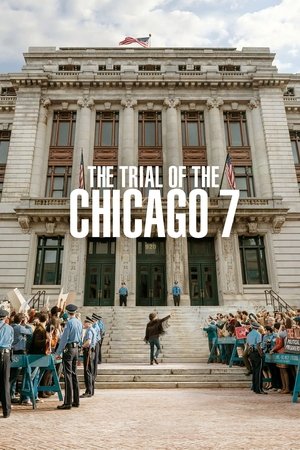
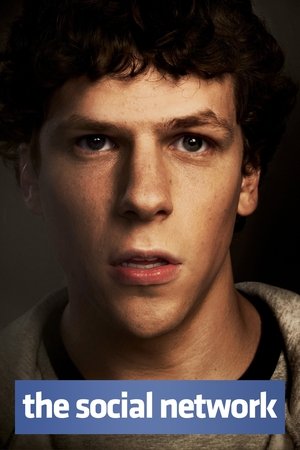
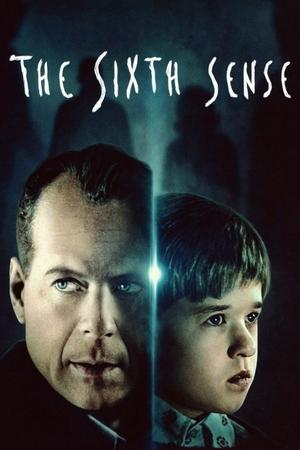
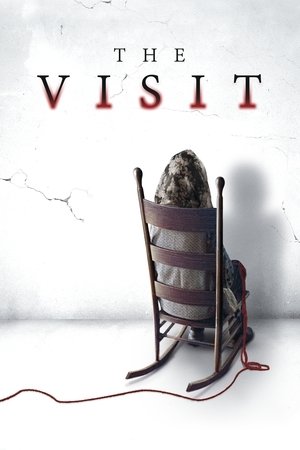
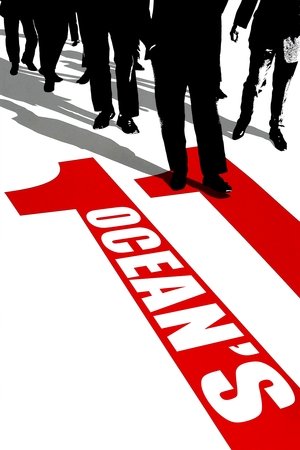
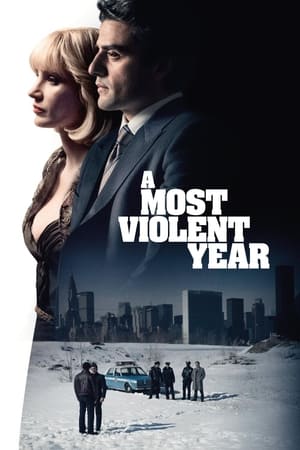
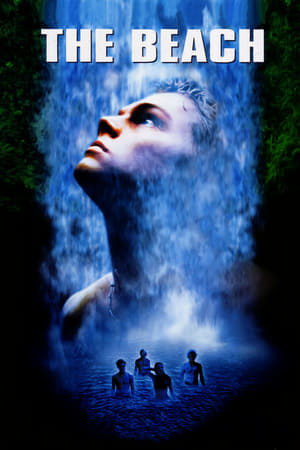

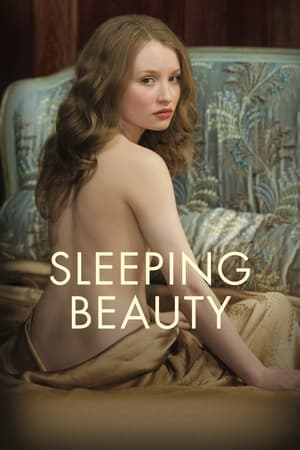
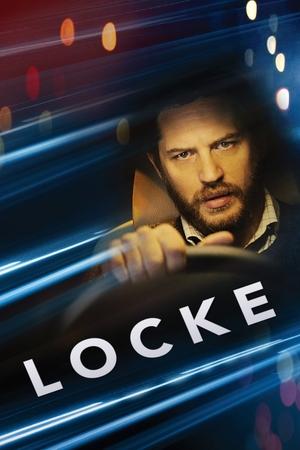
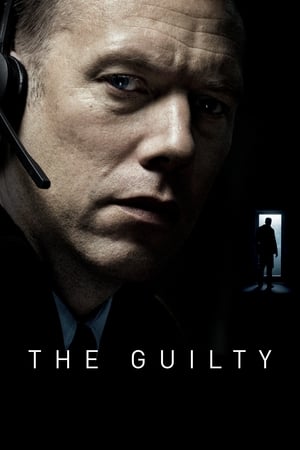
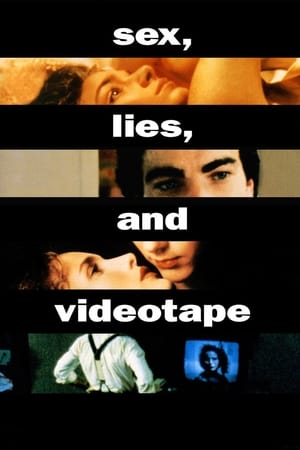

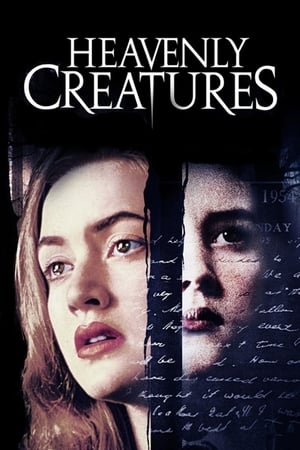
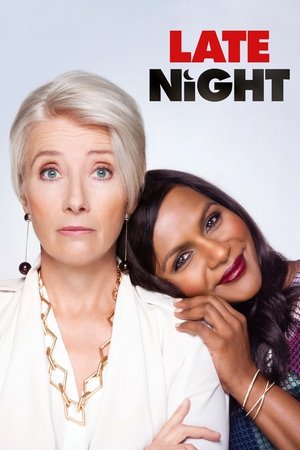
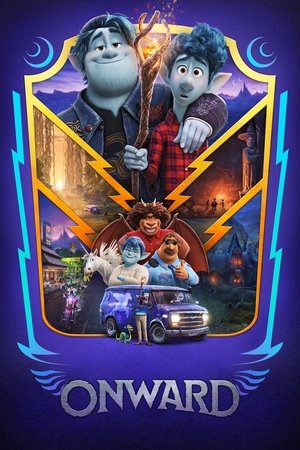
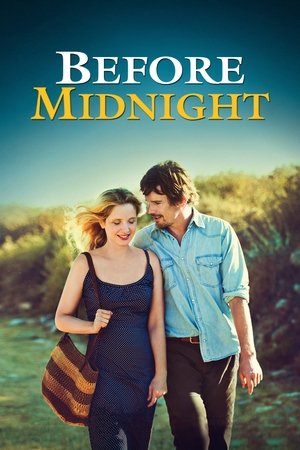
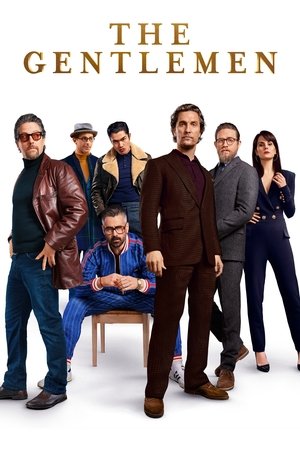
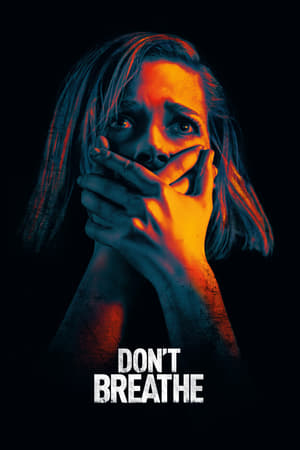
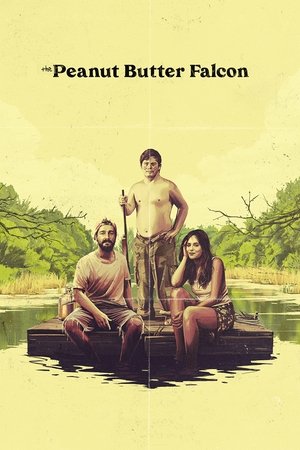
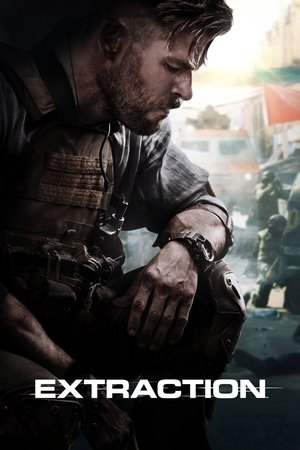
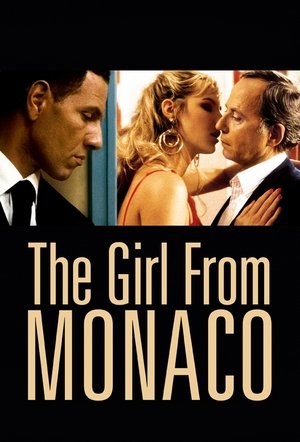
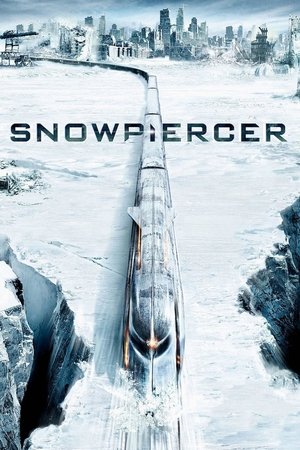
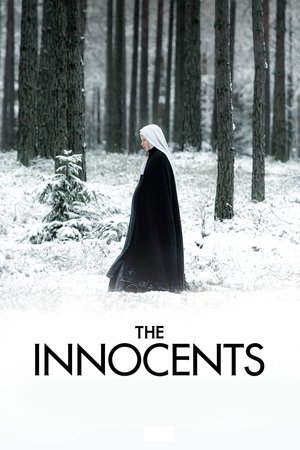
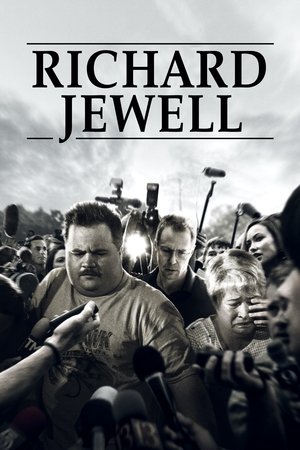
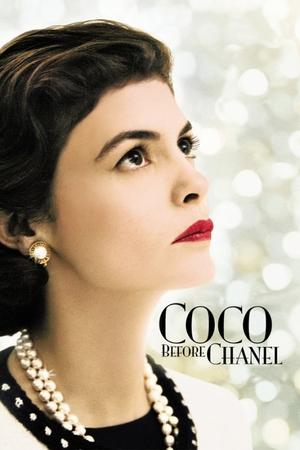
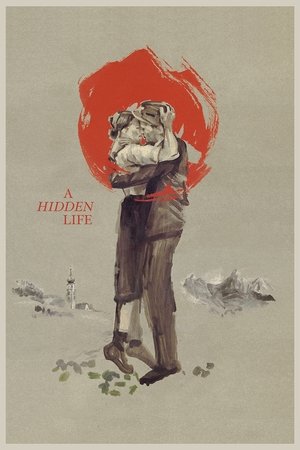

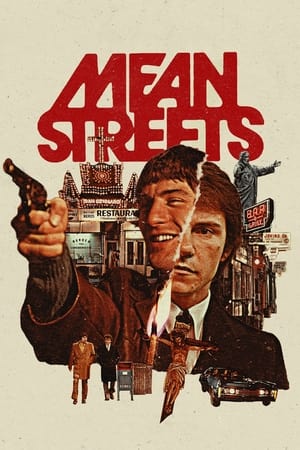
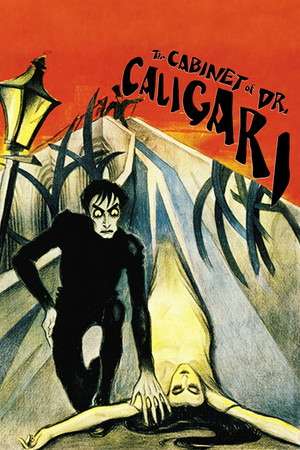

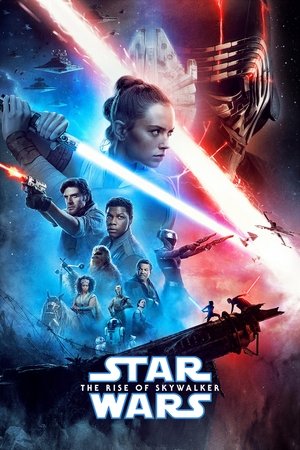
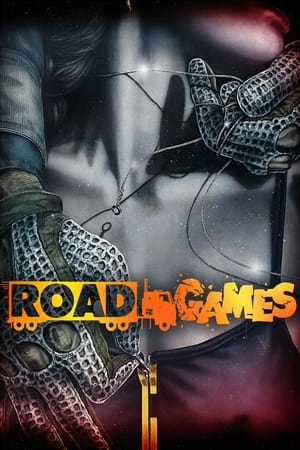
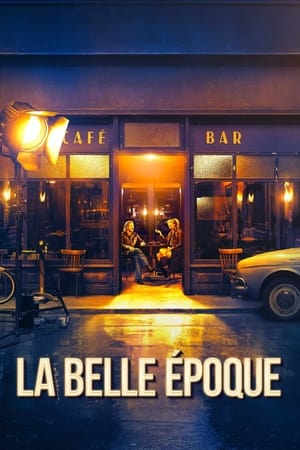
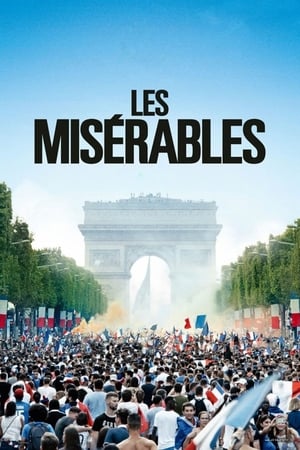
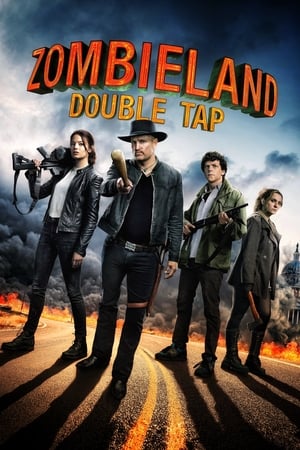
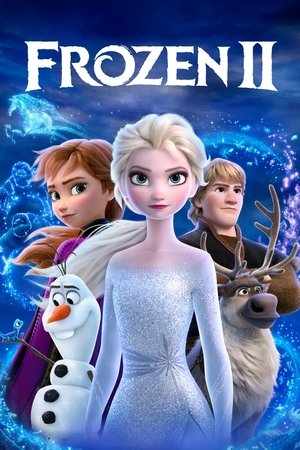
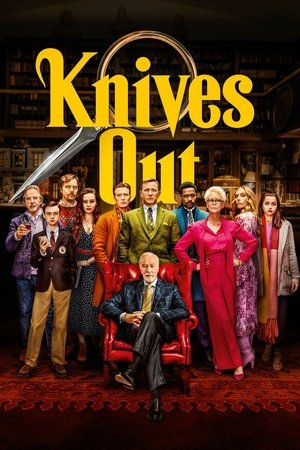
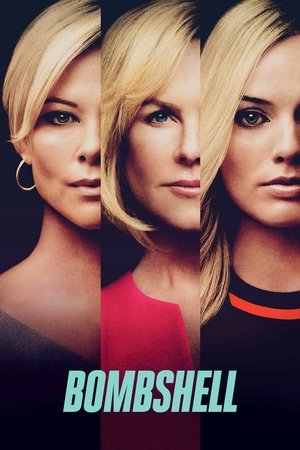
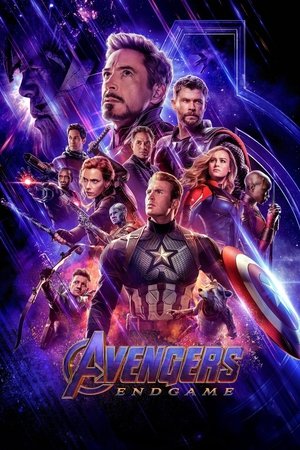
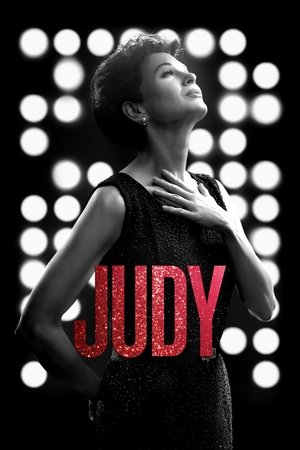
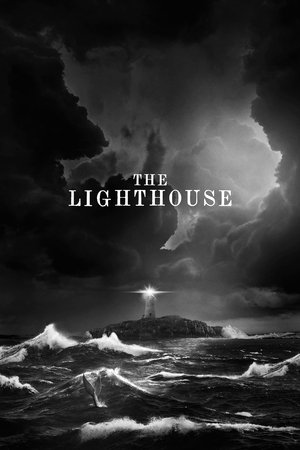
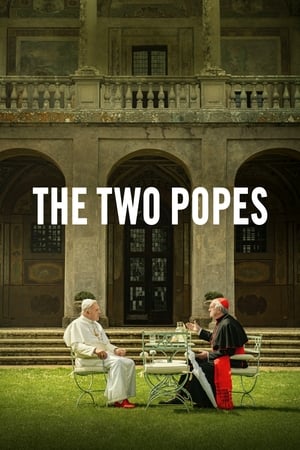
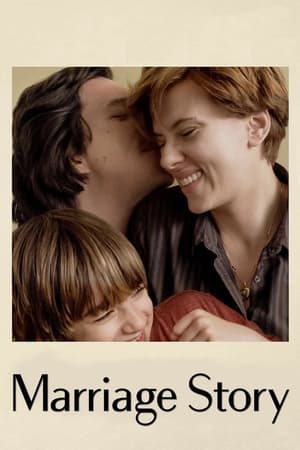
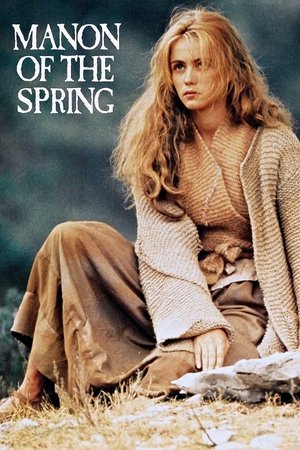
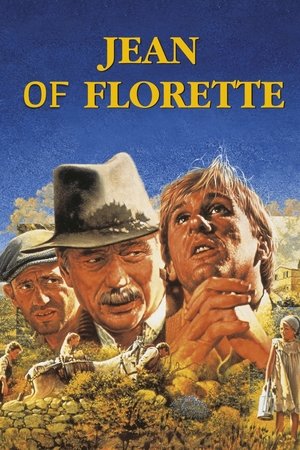
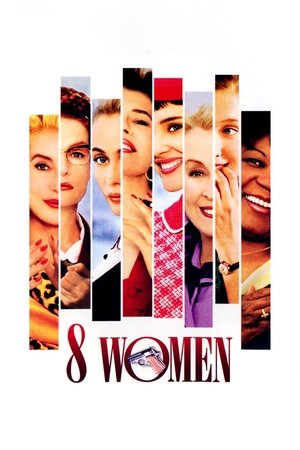
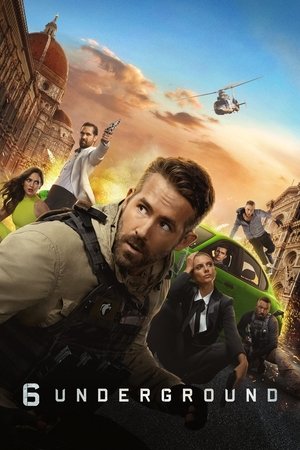
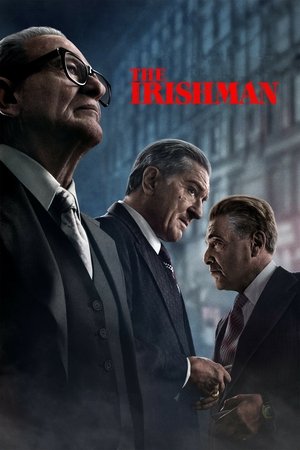
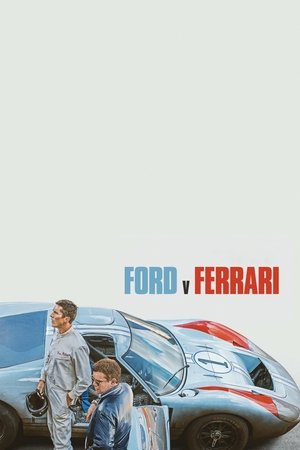
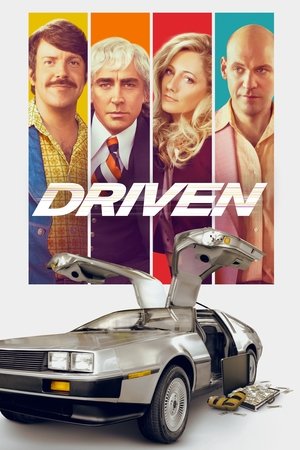
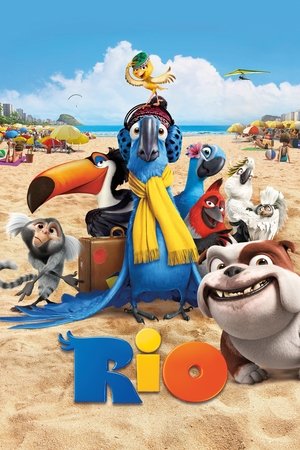
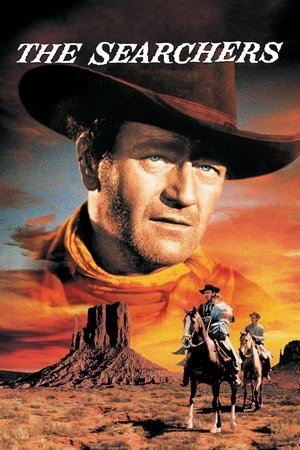
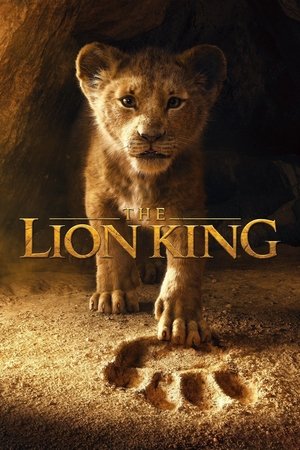
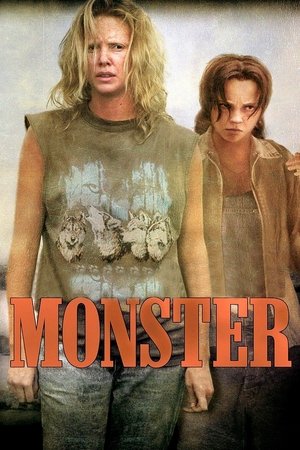
Saturday 28 November 2020
permalinkHolly shit those close-ups to the master witch's extended mouth is the stuff of nightmares.